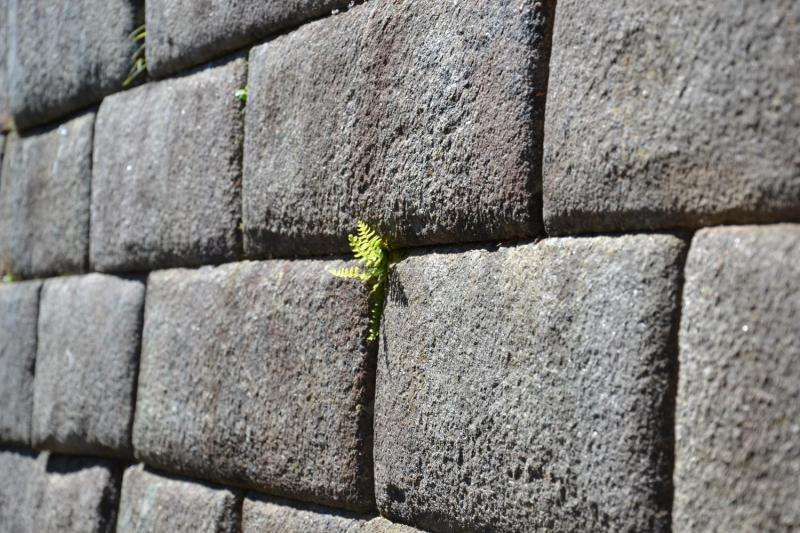February 22, 2016 report
Study shows plants appear able to forget memories when they are not useful

(Phys.org)—A small team of researchers with Australian National University Canberra, has found evidence that suggests that plants are able to reset a memory that has not been proven to be useful, in essence, forgetting things after they have been stored. In their paper published in the journal Science Advances, the team describes genetic studies they undertook with plants and what they found as a result.
Prior research has shown that plants are able to 'remember' events such as droughts, so they will not have to go through the same process of learning to survive under such conditions if another drought occurs. Other studies have shown that the process involves DNA, because some plants are able to pass on such memories to their offspring—but how such memory passing was done was mostly unknown. In this new effort, the researchers report learning not only more about how such memory processing occurs, but also how plants are able to reset if conditions change such that a memory that has been learned that is no longer useful can be eliminated.
The researchers found that in order for a plant to create a memory, it has to create a certain protein—one that will have an impact on its own DNA, which allows for impacting future generations. It is all part of a process called RNA decay, they report, where DNA strands are transcribed into RNA, before they are translated into proteins. It is the RNA decay process that controls the amount of RNA molecules that are to be tuned into proteins—any disruption to that process prevents a memory from being formed, they note, suggesting the means by which prior memories may be eliminated. Doing so is important , they add, because holding onto memories uses resources—if a plant seed is blown into an area where a drought will never occur, for example, than it should release the memory of how to contend with one, thus conserving its energy.
The team notes too that some plants also appear to have a type of short-term memory that is not related to either DNA or RNA, but thus far it is not understood, primarily, because it has not yet been studied.
More information: P. A. Crisp et al. Reconsidering plant memory: Intersections between stress recovery, RNA turnover, and epigenetics, Science Advances (2016). DOI: 10.1126/sciadv.1501340
Abstract
Plants grow in dynamic environments where they can be exposed to a multitude of stressful factors, all of which affect their development, yield, and, ultimately, reproductive success. Plants are adept at rapidly acclimating to stressful conditions and are able to further fortify their defenses by retaining memories of stress to enable stronger or more rapid responses should an environmental perturbation recur. Indeed, one mechanism that is often evoked regarding environmental memories is epigenetics. Yet, there are relatively few examples of such memories; neither is there a clear understanding of their duration, considering the plethora of stresses in nature. We propose that this field would benefit from investigations into the processes and mechanisms enabling recovery from stress. An understanding of stress recovery could provide fresh insights into when, how, and why environmental memories are created and regulated. Stress memories may be maladaptive, hindering recovery and affecting development and potential yield. In some circumstances, it may be advantageous for plants to learn to forget. Accordingly, the recovery process entails a balancing act between resetting and memory formation. During recovery, RNA metabolism, posttranscriptional gene silencing, and RNA-directed DNA methylation have the potential to play key roles in resetting the epigenome and transcriptome and in altering memory. Exploration of this emerging area of research is becoming ever more tractable with advances in genomics, phenomics, and high-throughput sequencing methodology that will enable unprecedented profiling of high-resolution stress recovery time series experiments and sampling of large natural populations.
Journal information: Science Advances
© 2016 Phys.org




















